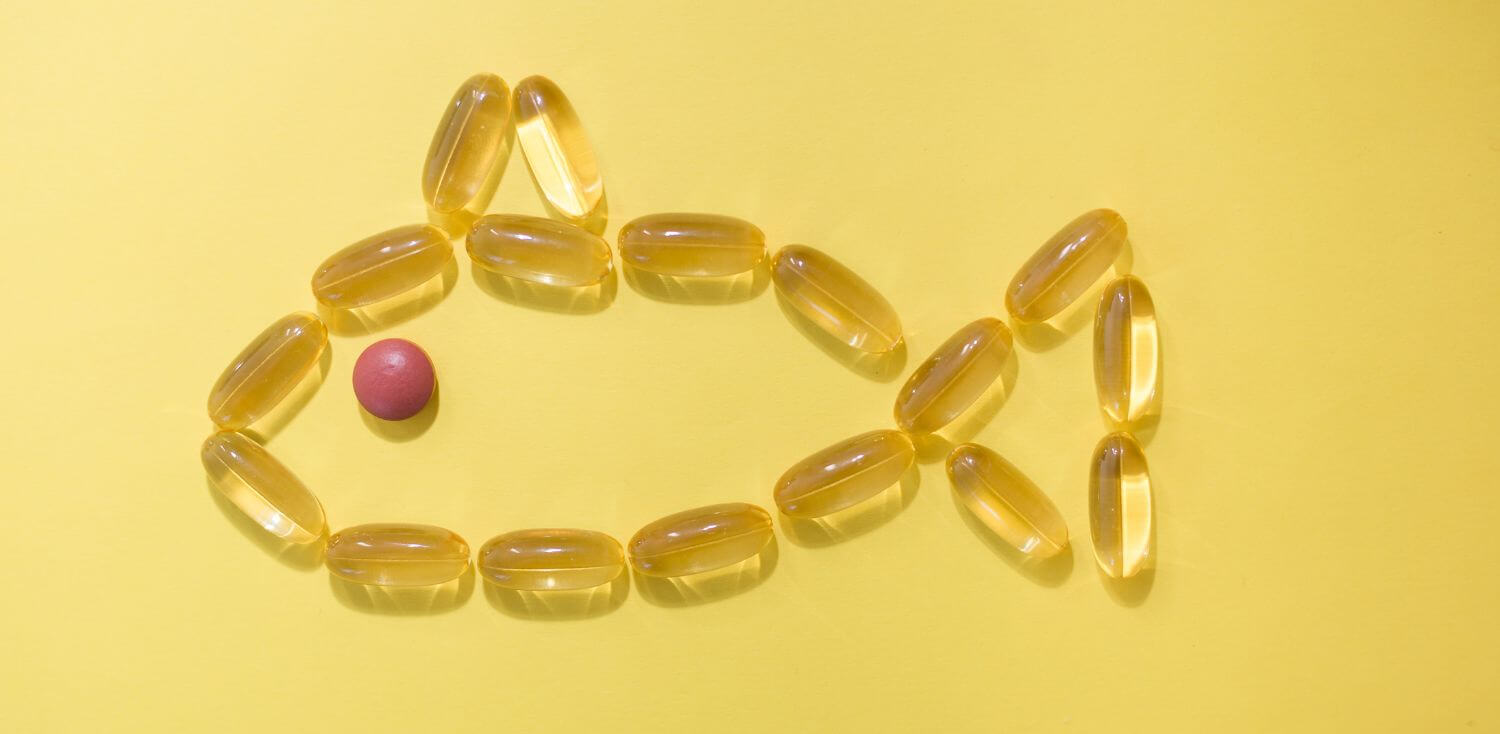Male Infertility
If you or your partner are experiencing male infertility, know you are not alone. According to the Cleveland Clinic, infertility affects 1 in 6 couples or about 10% of males experience infertility. Male infertility can also take many forms. Some men experience erectile dysfunction while others live with low libido. Other factors affecting fertility are low sperm counts, sperm motility, and testosterone levels.1. It is also difficult to pinpoint exactly what is causing a man’s fertility issues since it can be brought on by medications, hormonal disorders, radiation therapy, and more. The good news is there are treatment options available. The Cleveland Clinic cites that 90% of infertile males have the potential to conceive their own, biological children due to advances in science.
Supplements to Look Out For
One proactive option for men experiencing infertility is to make sure they are receiving enough of the nutrients that are vital to the fertilisation process.
- Zinc increases sperm count and testosterone levels
- Vitamin C protects your immune system and improves sperm count and motility
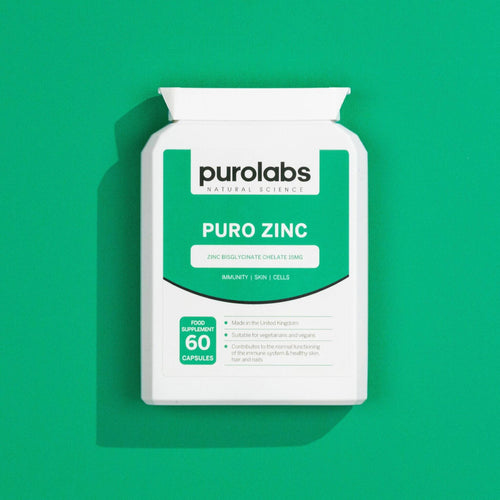
Zinc
- Vitamin D boosts testosterone levels
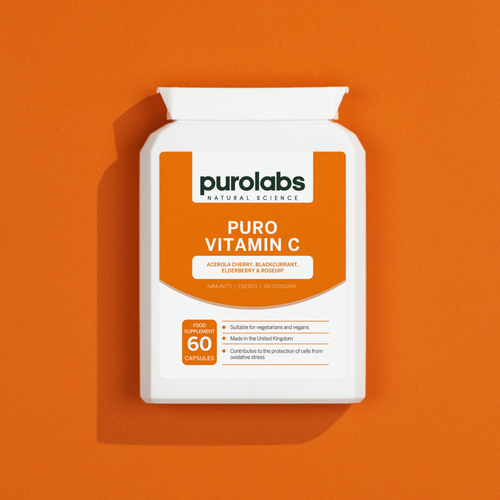
Vitamin C
- Ashwagandha improves sperm count and reduces stress
- Fenugreek increases testosterone levels and lowers sperm abnormalities
- Folate is essential for DNA formation
- Omega-3 fatty acids improve sperm quantity, quality, shape, and size2
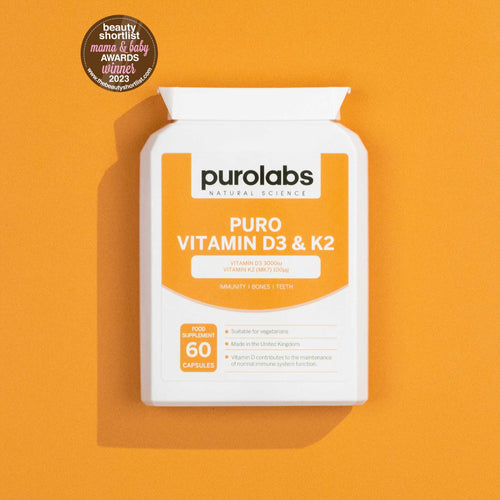
Vitamin D3 & K2
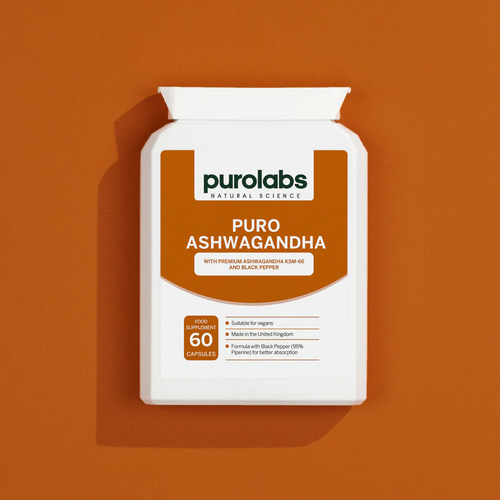
Ashwagandha
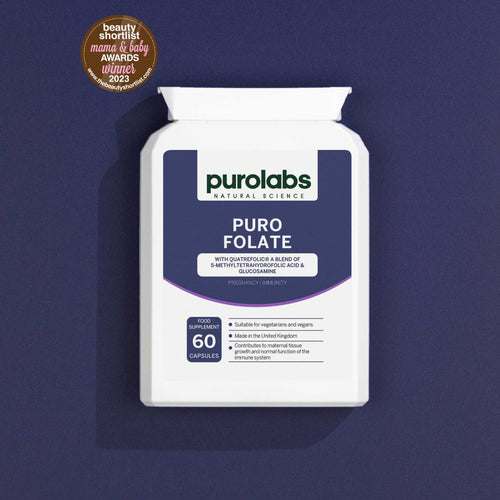
Folate

Omega-3
While a balanced diet should provide the daily recommended doses of each of these nutrients, sometimes we fall short. Luckily, all of these nutrients can be taken as additional supplements that will fill any nutritional gaps and boost up your levels to where they need to be!
Top Foods for Boosting Fertility
A balanced diet is the first step towards besting infertility. Plan meals that are chock full of zinc, vitamins, folate, and omega-3 fatty acids. Some of the best foods to eat to get your daily recommended doses include:
- Fatty fish such as salmon and mackerel
- Dark green, leafy vegetables
- Citrus fruits
- Walnuts
- Oysters
- Pumpkin, sunflower, or chia seeds
- Egg yolks
- Mushrooms
- Kiwis
- Legumes such as chickpeas and lentils
- Asparagus
- Beets
- Bananas
- Maca root
- Red ginseng
In addition, researchers and medical professionals suggest avoiding certain foods. High-fat dairy products and soy products contain extra estrogen. Red meats and foods that are high in trans-fats have been shown to decrease sperm count as well. In addition to a well-rounded diet, a daily multivitamin can guarantee you are getting all of the nutrients you need on your journey to start a family.


















